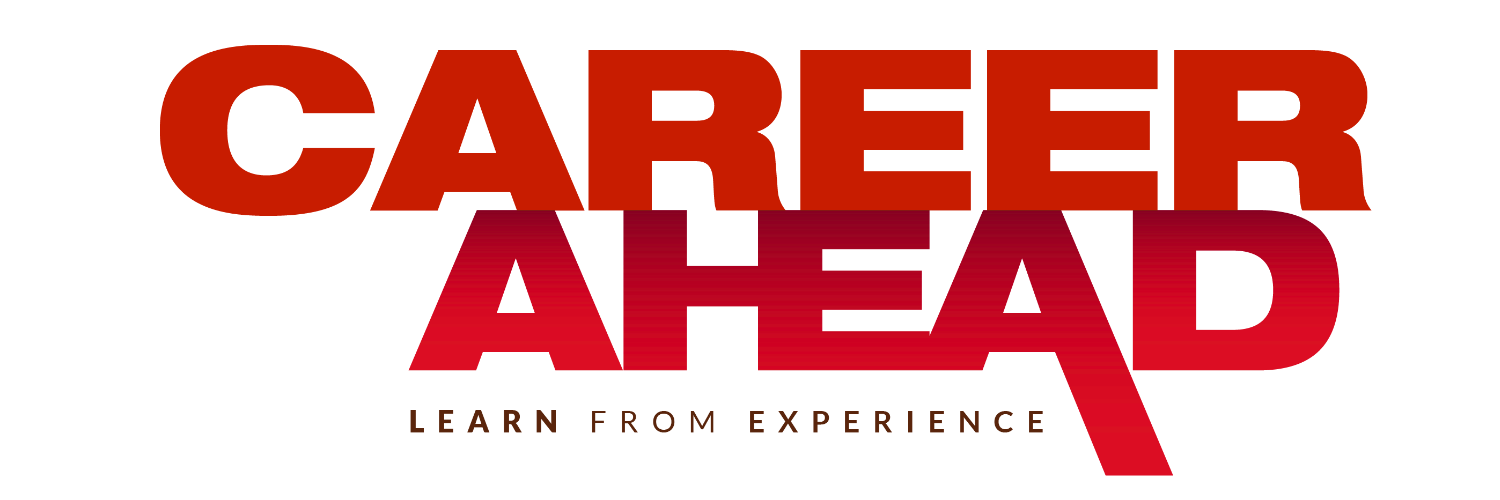No products in the cart.
Clash or Collaboration? Unlocking Gen Z’s Potential
Generation Z is not just entering the workforce; they are redefining it. With a unique blend of digital expertise and a drive for meaningful work, Gen Z is shifting the narrative from workplace clash to collaborative innovation. Discover how businesses are adapting to unlock the potential of this purpose-driven generation.
Generation Z, born between the mid-1990s and the early 2010s, isn’t just disrupting the workforce; they’re rewriting the work script. Their digital fluency and innovative spirit excite many, but whispers of “entitlement” and “unrealistic expectations” still echo in corporate corridors. Adding fuel to the fire is a December 2023 survey by Intelligent.com, where a concerning statistic emerged: 38% of US managers prefer hiring older employees over Gen Z. This preference often stems from perceived negativity during interviews and concerns about workplace behavior. However, before we brand these young minds with the hot iron of bias, let’s crack the code of the Gen Z enigma, one that transcends borders and holds the key to a collaborative future.
These minds weren’t born into sunshine and rainbows. Witnessing the 2008 financial meltdown, the Arab Spring’s social upheaval, and the devastating impact of COVID-19 shaped their outlook. As 23-year-old software engineer Riya Sharma from Mumbai puts it, “We saw security crumble like cookies, purpose redefined by uncertainty. That shapes your vision of work. It’s not just a paycheck, it’s a lifeline in a turbulent sea.” This yearning for stability and meaning resonates across the globe. A recent World Economic Forum study found that 72% of Gen Z respondents across 18 countries believe the world is in a “state of crisis.”
This formative experience instilled in them a deep-seated need for workplaces that align with their values. And guess what? Their values aren’t just ping pong tables and free lattes. A Deloitte study in the US found that nearly 80% of Gen Z employees want to work for companies that “have a positive impact on society.” In Germany, a Bertelsmann Foundation study revealed that young people prioritize “sustainability and social responsibility” over traditional career markers like prestige and high salaries. It’s a sentiment echoed by 25-year-old marketing associate Lucas Rodrigues from São Paulo, “We’re not robots programmed for profit. We want to feel like our ideas matter, that we’re contributing to something bigger than ourselves. Companies that can’t offer that will struggle to attract and retain Gen Z talent.”
This shift in priorities presents both a challenge and an opportunity. Traditional hierarchies and profit-over-purpose mantras might alienate these purpose-driven minds. “Gen Z isn’t a problem to be solved,” Priya Krishnamurthy, CEO of a leading IT firm in Bengaluru, reminds us. “They’re the future knocking on our doors. We need to open them, listen to their concerns, and co-create a workplace that resonates with both generations. It’s not us versus them, it’s us and them, redefining success together.”

Companies like Unilever, Google, and Patagonia are already rewriting the work script. They offer flexible schedules, remote work options, and empower employees to champion social impact initiatives. The results? A 2023 PwC study found that companies with these practices see a 95% increase in employee engagement and a 50% boost in innovation. As David Roberts, author of “Generation Z: Unfiltered,” aptly puts it, “Gen Z is the most purpose-driven generation ever. They crave workplaces that not just preach purpose, but embody it.”
Embracing their strengths is key. Their digital fluency makes them global citizens, adept at navigating the complexities of an interconnected market. A McKinsey & Company report highlights that 78% of Gen Z workers are comfortable collaborating with colleagues across different countries, making them ideal for fostering cross-cultural collaboration. Their collaborative spirit fosters innovation, bridging cultural divides like a tech-powered rainbow. And their unwavering commitment to social responsibility can drive businesses towards ethical practices that make Satya Nadella, CEO of Microsoft, nod in agreement: “The future of work belongs to those who can embrace change and thrive in uncertainty.”
The Gen Z enigma isn’t a clash, it’s a collaboration waiting to happen. By understanding their values, leveraging their strengths, and building workplaces that foster purpose and flexibility (as the 2023 Global Shapers Annual Report advocates), businesses across the globe can unlock the immense potential of this generation and rewrite the rules of work for the 21st century. The question isn’t how to manage the enigma, but how to unlock the advantage – an advantage that benefits both generations and builds a future that thrives on innovation, collaboration, and a shared vision for a better world. Remember, as Priya Krishnamurthy says, “We need to stop thinking of generations as competitors and start seeing them as collaborators. Together, we can rewrite the work symphony, and Gen Z will be the melody that carries us forward.”
So, let’s ditch the stereotypes and embrace the collaboration. The future of work isn’t a solo act, it’s a global ensemble cast, and Gen Z is ready to take center stage. Are you ready to join the performance?
Author
-

CA News Desk is the pulsating heart of Career Ahead Magazine, dedicated to delivering cutting-edge news in career development, education, startups, and entrepreneurship. Our seasoned team of journalists and industry experts specialize in unearthing impactful stories and trends that shape the future of work and learning. We stand as a beacon for young professionals and aspiring entrepreneurs, offering insights and inspiration to navigate the evolving landscapes of modern careers and innovative business ventures. Engaging, informative, and always ahead of the curve, CA News Desk is your trusted ally in a world where knowledge equals power and opportunity.
View all posts












